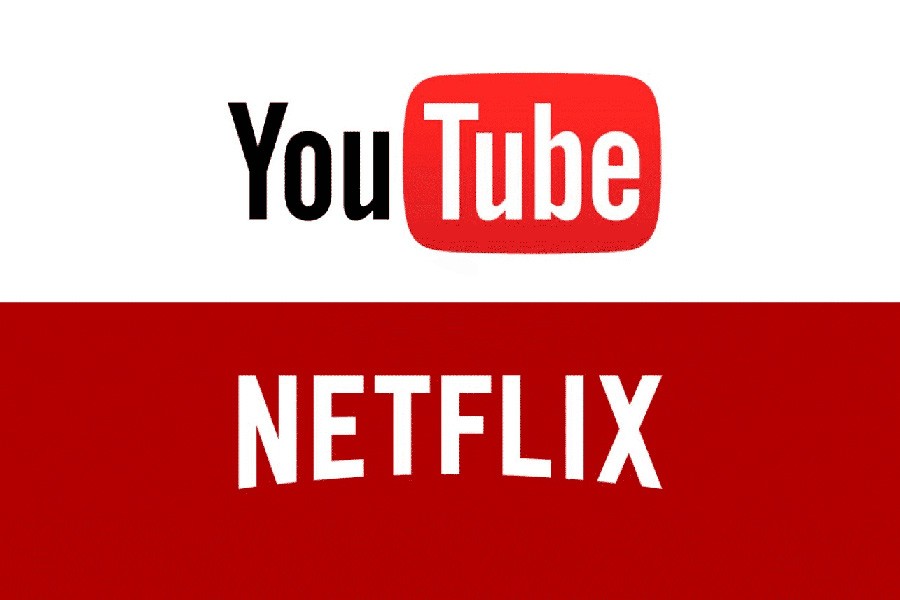YouTube and Netflix will reduce video quality on their services in Europe to avert internet gridlock as thousands of Europeans, constrained by the coronavirus outbreak, switch to working from home.
They took the decision after EU industry chief Thierry Breton urged streaming platforms to cut the quality of their videos to prevent internet overload. Videos account for a substantial part of internet traffic data, report Reuters and BBC.
Breton also spoke to Alphabet CEO Sundar Pichai and YouTube CEO Susan Wojcicki.
American video-sharing platform, YouTube, said so far it had only seen a few usage peaks but decided to act to minimize stress on the system.
“We are making a commitment to temporarily switch all traffic in the EU to standard definition by default,” the company said in a statement.
A spokesman said the decision includes Britain and will initially be for 30 days, subject to review.
Standard definition videos are not as detailed or as sharp as high definition videos.
“I warmly welcome the initiative that Google has taken to preserve the smooth functioning of the internet during the COVID19 crisis,” Breton said in a statement.
Europe’s telecoms providers, from Vodafone (VOD.L) to Deutsche Telekom (DTEGn.DE), have reported a spike in data traffic in recent days, forcing Breton to issue his pre-emptive call before the internet breaks down.
Breton wants the internet to be able to cope with crucial services such as healthcare and online learning by thousands of house-bound children during the coronavirus outbreak.
Meanwhile, Netflix on Thursday said it would reduce bit rates, which determine the quality and size of its audio and video files, across all its streams in Europe for 30 days, in effect cutting its traffic on European networks by around 25 per cent.
But it said viewers would still find the picture quality good.
The change appears to include the UK but Netflix has not responded to the BBC's request for confirmation on this.
Video quality
Several factors influence how much data is used when streaming a movie online.
One of them is video resolution, including whether a video is high-definition (HD) or ultra-high definition 4K.
Another is bitrate, which influences how clear and smooth videos look when streamed online
Videos with a higher bitrate tend to look less "blocky" or pixelated, but use more data.
Out of these two, Netflix says it will cut its streaming bitrates.
The announcement came after a phone call with European officials.
Thierry Breton had earlier said people should "switch to standard definition when HD [high-definition] is not necessary".
An hour of standard definition video uses about 1GB of data, while HD can use up to 3GB an hour.
Netflix also offers ultra-high definition 4K video for some of its programmes.
Netflix's decision to reduce video bitrate by a quarter appears to be a compromise.
"Following the discussions between Commissioner Thierry Breton and [Netflix chief executive] Reed Hastings, and given the extraordinary challenges raised by the coronavirus, Netflix has decided to begin reducing bitrates across all our streams in Europe for 30 days," the company said.
Commissioner Breton praised the "very prompt action" Netflix took just hours after the phone call, saying it would "preserve the smooth functioning of the internet during the Covid-19 crisis".
Internet usage
Netflix has not yet said whether the bitrate reduction will be applied to other areas such as North America.
Internet usage has been heightened in the last few weeks as more people work from home and avoid going out.
Telecoms giant Vodafone reported a 50 per cent rise in internet use in Europe earlier this week.
Facebook chief executive Mark Zuckerberg said on Wednesday that the platform was seeing "big surges" as users tried to stay connected with friends.
The social media boss said the company typically saw its largest surge in use on New Year's Eve, but that recent demand had outpaced that.


